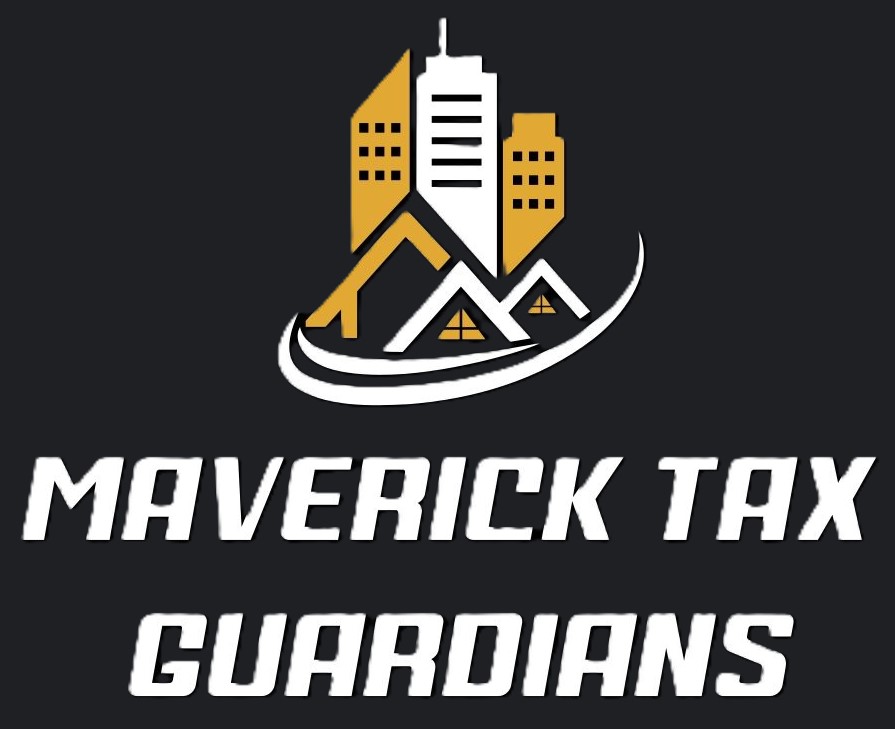
Property taxes can be a significant financial burden for homeowners, business owners, and real estate investors, especially when your property is overvalued by the county appraisal district. An unfair assessment can lead to thousands of dollars in overpayments annually. Filing a property tax protest is a powerful way to challenge this valuation, but navigating the process—gathering evidence, meeting deadlines, and presenting a case—can be complex and time-consuming. A property tax consultant can simplify this process, leveraging expertise to build a strong appeal and maximize your savings. However, not all consultants are created equal. Choosing the right one is critical to achieving a successful outcome. This comprehensive guide provides actionable advice on selecting the best property tax consultant for your needs, ensuring you save money and avoid pitfalls.
Why Hiring a Property Tax Consultant Matters
A property tax consultant specializes in challenging property assessments, offering benefits that make them a worthwhile investment:
- Expertise: They understand local appraisal methods, evidence requirements, and Appraisal Review Board (ARB) procedures.
- Time Savings: They handle research, filing, and hearings, freeing you from a complex process.
- Higher Success Rates: Their access to premium data and presentation skills often secure larger reductions than DIY efforts.
- Contingency Fees: Many charge only if they reduce your taxes, minimizing your financial risk.
For example, a consultant who lowers a $600,000 assessment by $50,000 at a 2.5% tax rate saves you $1,250 annually. With a 40% contingency fee ($500), you net $750 in savings. Choosing the wrong consultant, however, can lead to missed opportunities, higher fees, or an ineffective appeal. This guide outlines key factors to consider when selecting the right consultant for your property tax protest.
Key Factors to Consider When Choosing a Consultant
To find a consultant who delivers results, evaluate the following criteria:
1. Local Experience and Expertise
- Why It Matters: Property tax rules, appraisal methods, and ARB preferences vary by state and county. A consultant with local experience understands your district’s nuances, such as preferred evidence types (e.g., comps vs. condition) or common valuation errors.
- What to Look For:
- Years of experience in your county or region.
- Familiarity with your appraisal district’s processes and ARB dynamics.
- A track record of successful protests in your area.
- How to Verify:
- Ask how many protests they’ve handled in your county and their success rate.
- Check their website for case studies or testimonials specific to your region.
- Confirm they stay updated on local tax laws and market trends.
- Example: A consultant in Travis County, Texas, might know that the district prioritizes comps within a quarter-mile, giving them an edge over a national firm.
Tip: Prioritize consultants who specialize in your property type (e.g., residential, commercial, or agricultural) for tailored expertise.
2. Credentials and Professional Affiliations
- Why It Matters: Credentials and affiliations indicate a consultant’s training, professionalism, and commitment to ethical standards.
- What to Look For:
- Licenses or certifications, such as a Senior Property Tax Consultant (SPTC) designation in states like Texas.
- Membership in reputable organizations, like the National Association of Property Tax Professionals (NAPTP) or state-specific groups.
- Continuing education to stay current on tax laws and appraisal practices.
- How to Verify:
- Ask about their credentials and memberships during a consultation.
- Check state licensing boards or professional association directories for verification.
- Look for certifications listed on their website or LinkedIn profile.
- Example: An SPTC-certified consultant is likely trained in advanced valuation techniques, increasing their effectiveness at ARB hearings.
Tip: Avoid consultants without clear credentials, as they may lack the skills to handle complex cases.
3. Transparent Fee Structure
- Why It Matters: Understanding how a consultant charges ensures you avoid hidden costs or unfair terms. Most reputable consultants use contingency fees, charging only if they reduce your taxes.
- What to Look For:
- Contingency Fees: Typically 30–50% of your tax savings, paid only if successful (e.g., $500 for $1,250 in savings).
- No Upfront Costs: Avoid firms requiring large retainers or flat fees regardless of outcome.
- Clear Terms: A written agreement detailing the fee percentage, payment timeline, and any additional costs (e.g., filing fees).
- How to Verify:
- Request a fee quote and contract during your initial consultation.
- Compare fees among multiple consultants to ensure competitiveness.
- Ask what happens if the protest fails—reputable firms charge nothing in this case.
- Example: A consultant charging 40% on a $2,000 tax savings earns $800, leaving you $1,200 net savings, a fair trade for their expertise.
Tip: Be wary of consultants with vague fee explanations or high upfront costs, as these may indicate lower commitment to results.
4. Proven Track Record and Client Reviews
- Why It Matters: A consultant’s past performance and client feedback reveal their reliability and effectiveness.
- What to Look For:
- Positive online reviews on platforms like Google, Yelp, or the Better Business Bureau (BBB).
- Testimonials or case studies showcasing specific savings (e.g., “Reduced a $1M commercial property by $100,000”).
- References from past clients willing to discuss their experience.
- How to Verify:
- Search for reviews using the consultant’s name or firm (e.g., “John Doe Property Tax Consultant reviews”).
- Check BBB ratings for complaints or accreditations.
- Ask the consultant for 2–3 client references or examples of successful protests.
- Example: A consultant with a 4.8-star Google rating and testimonials about saving homeowners $500–$5,000 is likely trustworthy.
Tip: Look for reviews mentioning local cases or your property type to ensure relevance.
5. Access to Premium Data and Resources
- Why It Matters: Strong protests require high-quality evidence, like accurate comparable sales (comps) and market data. Consultants with access to professional databases (e.g., MLS, CoStar) build better cases than those relying on public sources like Zillow.
- What to Look For:
- Use of premium data sources for comps, property records, and market trends.
- Ability to obtain repair estimates or independent appraisals when needed.
- Technology for analyzing assessments and visualizing evidence (e.g., charts, maps).
- How to Verify:
- Ask what data sources they use and how they gather evidence.
- Inquire about their process for selecting comps or documenting property issues.
- Request a sample protest report to see the quality of their evidence.
- Example: A consultant using MLS data to find comps sold at $400,000 vs. your $450,000 assessment can argue for a $50,000 reduction.
Tip: Choose consultants who emphasize evidence quality, as this directly impacts your protest’s success.
6. Communication and Accessibility
- Why It Matters: A consultant who communicates clearly and promptly keeps you informed and confident throughout the process.
- What to Look For:
- Quick responses to emails or calls (within 24–48 hours).
- Clear explanations of the protest process, fees, and potential outcomes.
- Regular updates on your case’s progress, from filing to hearing.
- How to Verify:
- Test their responsiveness by emailing or calling with questions.
- Ask how they’ll keep you updated (e.g., email, phone, client portal).
- Evaluate their clarity during an initial consultation—do they avoid jargon and answer directly?
- Example: A consultant who emails a timeline after filing and calls before the ARB hearing demonstrates strong communication.
Tip: Avoid consultants who are hard to reach or vague about your case, as this can signal poor service.
7. Personalized Service vs. High-Volume Firms
- Why It Matters: Some consultants handle hundreds of protests, treating yours as a number, while others offer tailored attention to your property’s unique needs.
- What to Look For:
- A focus on your property type (e.g., residential vs. commercial) and specific issues (e.g., condition, errors).
- Willingness to visit your property or review photos for condition-based arguments.
- A manageable caseload to ensure thorough preparation.
- How to Verify:
- Ask how many protests they handle annually and their process for your case.
- Inquire if they’ll inspect your property or customize evidence (e.g., comps specific to your neighborhood).
- Check reviews for mentions of personalized vs. cookie-cutter service.
- Example: A consultant who visits your home to document a $15,000 roof repair can secure a larger reduction than a high-volume firm using generic comps.
Tip: Smaller firms or independent consultants often provide more personalized service, but reputable larger firms can also be effective if they prioritize quality.
8. Commitment to Ethical Practices
- Why It Matters: Ethical consultants follow tax laws, avoid misleading claims, and prioritize your interests, ensuring a legitimate and effective protest.
- What to Look For:
- Transparency about success odds and potential savings.
- No guarantees of specific reductions, as outcomes depend on evidence and ARB decisions.
- Compliance with state regulations and professional standards.
- How to Verify:
- Ask about their approach to protests—do they rely on data or questionable tactics?
- Check for disciplinary actions via state licensing boards or BBB complaints.
- Review their contract for fair, clear terms.
- Example: An ethical consultant explains that a $50,000 reduction is possible but not guaranteed, based on comps and condition.
Tip: Avoid consultants promising unrealistic savings (e.g., “We’ll cut your taxes in half!”), as this often indicates unethical practices.
Steps to Choose the Right Consultant
Follow these steps to select a consultant who meets your needs:
1. Research Potential Consultants
- Search online for “property tax consultant [your county]” or ask for recommendations from realtors, neighbors, or local business groups.
- Create a shortlist of 3–5 consultants based on their website, reviews, and services offered.
Tip: Use platforms like Google, Yelp, or LinkedIn to find consultants with strong local presence.
2. Schedule Free Consultations
- Contact each consultant for a free consultation (most offer this).
- Prepare questions about their experience, fees, data sources, and process.
- Discuss your property’s specifics (e.g., assessed value, potential errors) to gauge their approach.
Tip: Take notes during consultations to compare responses and professionalism.
3. Ask the Right Questions
- Key questions to ask:
- How many protests have you handled in [county]?
- What’s your success rate and average savings?
- What data sources do you use for comps?
- What’s your fee structure, and are there any upfront costs?
- Will you inspect my property or customize my case?
- How will you keep me updated?
- Listen for clear, confident answers that demonstrate expertise and transparency.
Tip: Avoid consultants who dodge questions or make unrealistic promises.
4. Compare and Verify
- Compare consultants based on experience, fees, reviews, and communication.
- Verify credentials, licenses, and reviews through state boards, BBB, or professional associations.
- Contact references or check online feedback for consistency.
Tip: Use a simple spreadsheet to rank consultants on key criteria.
5. Review the Contract
- Request a written contract detailing services, fees, and terms.
- Ensure it specifies contingency-based payment and no upfront costs.
- Clarify what happens if the protest fails or savings are minimal.
Tip: Have a trusted friend or advisor review the contract for clarity.
6. Make Your Choice
- Select the consultant who best balances local expertise, transparency, and personalized service.
- Sign the contract and provide any requested information (e.g., appraisal notice, property photos).
- Stay engaged by asking for updates and reviewing their evidence before the hearing.
Tip: Choose someone you feel confident in, as trust is key to a successful partnership.
Red Flags to Avoid
- No Local Experience: Consultants unfamiliar with your county may miss critical nuances.
- High Upfront Fees: Reputable firms use contingency fees, not large retainers.
- Unrealistic Promises: Claims like “Guaranteed 20% reduction” are red flags, as outcomes aren’t certain.
- Poor Communication: Slow responses or vague answers suggest unreliable service.
- Negative Reviews: Consistent complaints about ineffectiveness or ethics indicate problems.
- No Credentials: Unlicensed or uncertified consultants may lack proper training.
Real-World Example
Consider David, a homeowner with a $550,000 assessment he believes is $50,000 too high. He shortlists three consultants:
- Consultant A: Local, SPTC-certified, 40% contingency fee, 4.9-star Google reviews, uses MLS data, and offers property inspections.
- Consultant B: National firm, no certifications, 50% fee, mixed reviews, relies on public data.
- Consultant C: Local but new, no reviews, upfront $500 fee, vague about process.
David chooses Consultant A after a consultation where they explain using comps and a roof repair estimate to argue for a $500,000 value. They secure a $40,000 reduction, saving $1,000 at a 2.5% tax rate. After a $400 fee, David nets $600 in savings, validating his choice.
Why Choosing the Right Consultant Matters
A skilled consultant can secure larger reductions, claim missed exemptions, and handle future protests, saving you money year after year. A poor choice risks wasted time, higher costs, or a denied protest, locking in an unfair tax bill. By prioritizing local expertise, transparency, and a proven track record, you can partner with a consultant who delivers results and simplifies the process.
Taking the First Step
If you’re considering a property tax protest, start by reviewing your appraisal notice for errors or overvaluations. Research local consultants, schedule consultations, and ask targeted questions about their experience and approach. Select a consultant who inspires confidence and offers a clear, contingency-based fee structure. With the right partner, you can challenge your assessment effectively and achieve a fairer tax bill.
For more details, visit your county appraisal district’s website or contact their office for protest deadlines and resources. Ready to save? Find a trusted property tax consultant today.
Disclaimer: Property tax laws and procedures vary by state and county. Always verify local rules with your appraisal district or a qualified professional. This guide is for informational purposes and does not constitute legal advice.
You Might Also Like
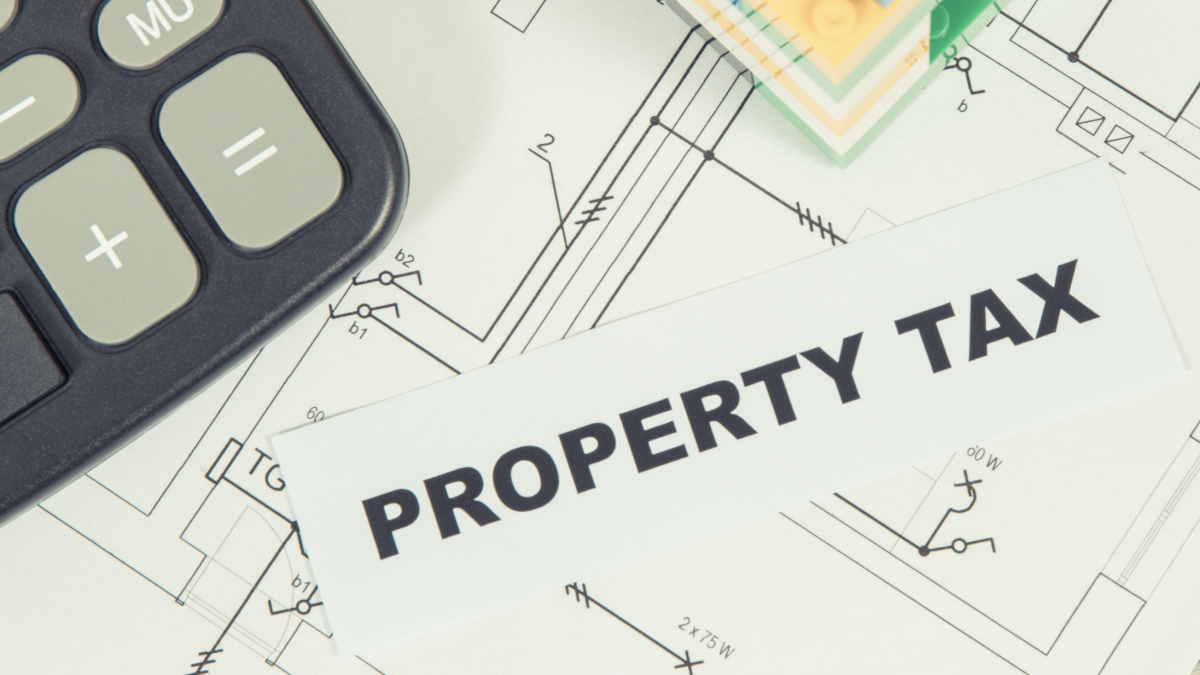
April 28, 2025
Popular Categories
Popular News
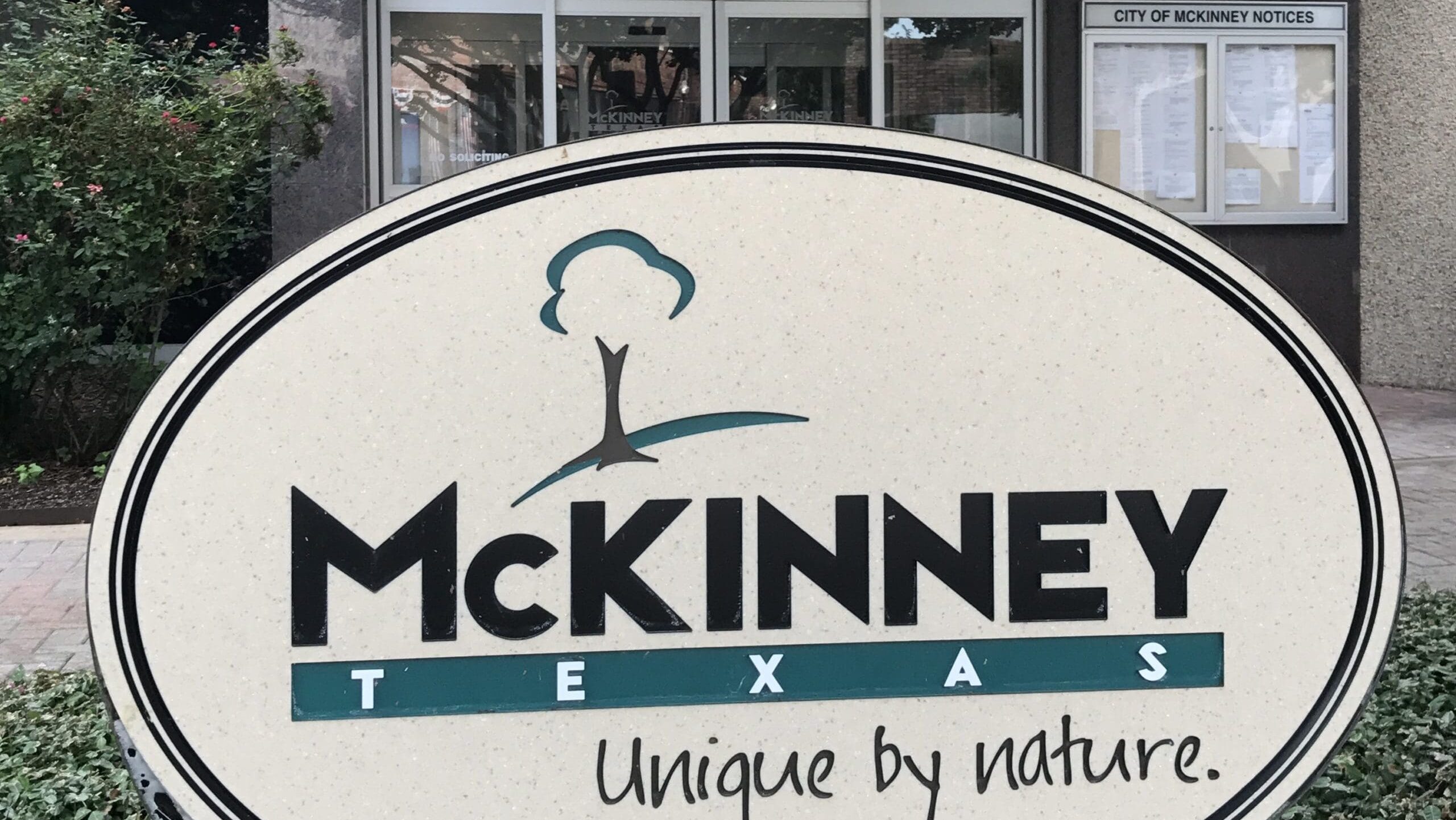
Collin County News
April 2025 McKinney Government Roundup: Major Developments and Initiatives May 1, 2025
Collin County News
Heritage McKinney Square Opens, Offering Modern Living in East McKinney May 1, 2025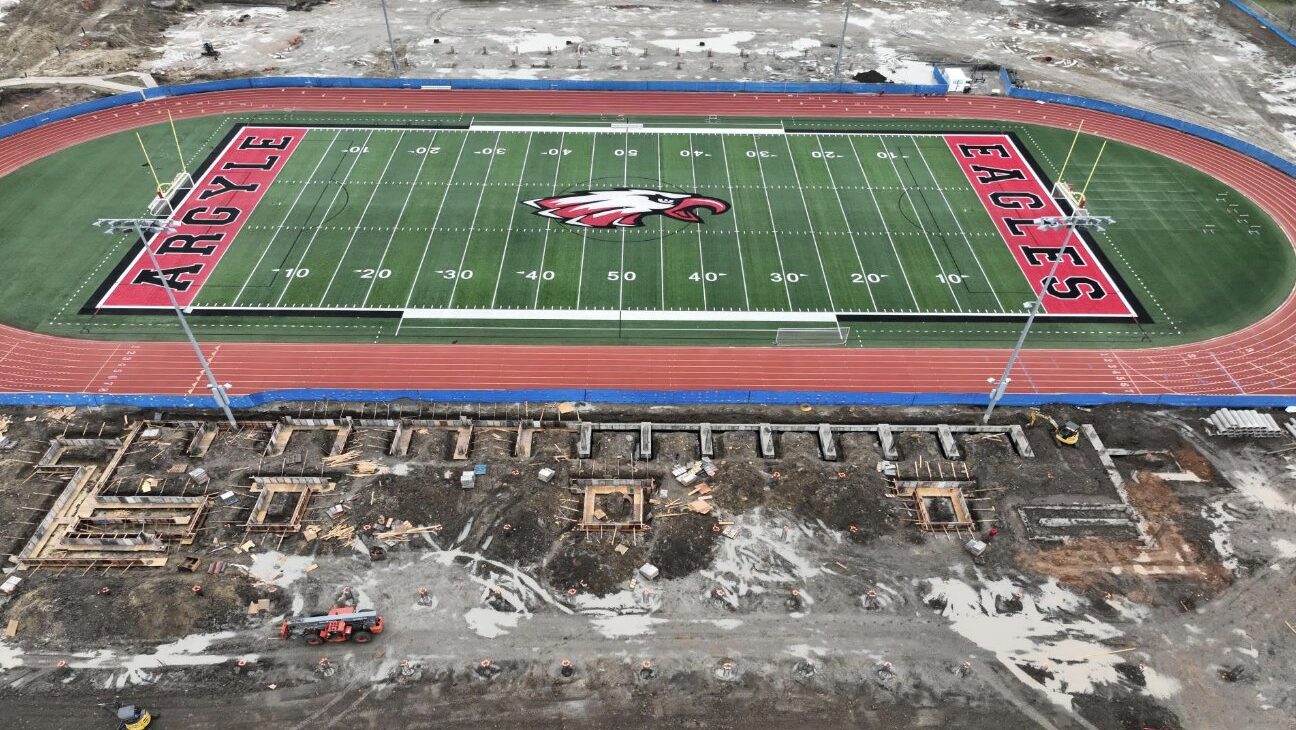
Flower Mound - Highland Village - Argyle
Argyle ISD Advances Construction on New Stadium and Middle School Facilities April 30, 2025
Flower Mound - Highland Village - Argyle
Flower Mound Commission Endorses New Parking Ratio to Attract H-E-B to Furst Ranch April 30, 2025
Property Tax Tips
Gathering Evidence for Your Property Tax Protest: Tips and Tricks April 29, 2025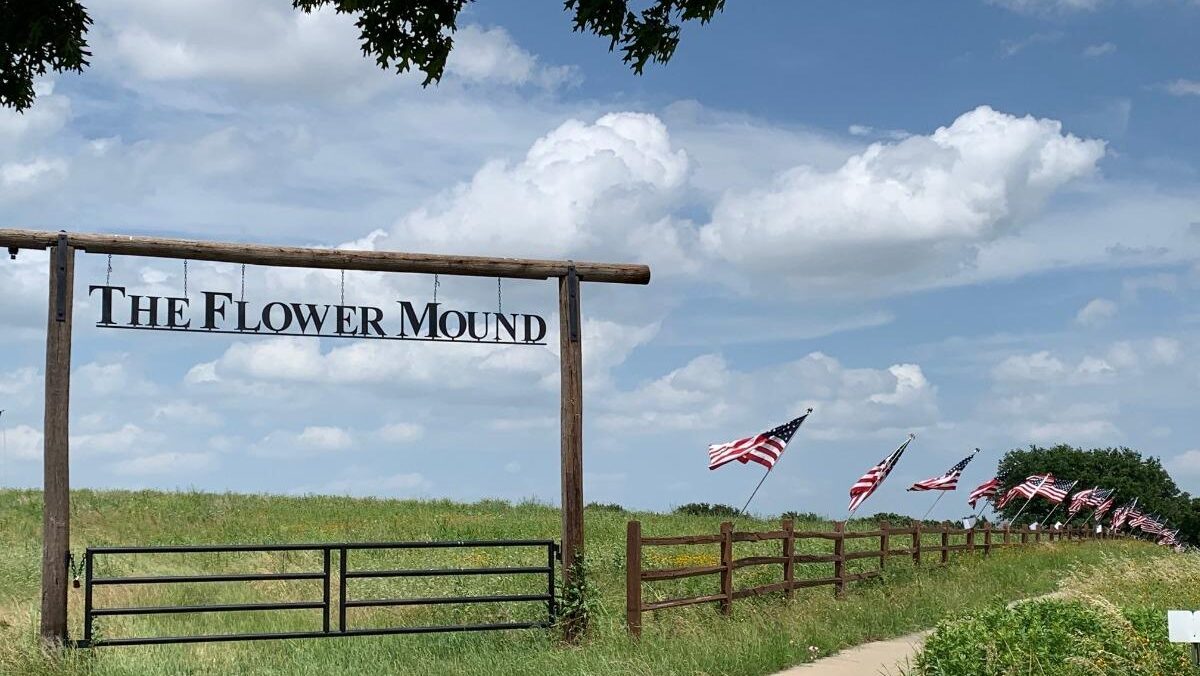
Flower Mound - Highland Village - Argyle
Flower Mound Wins Prestigious Governor’s Community Achievement Award April 29, 2025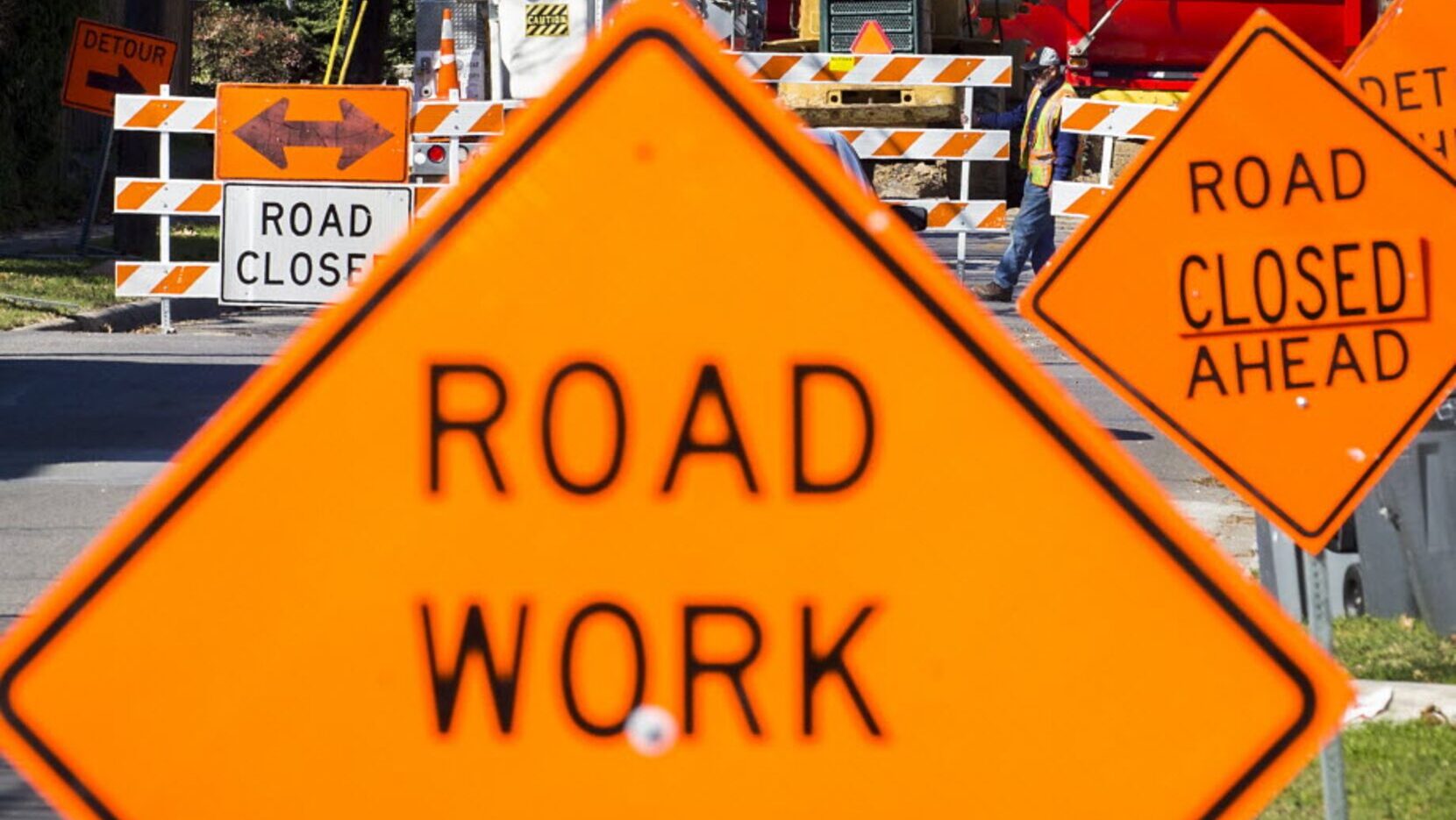
Frisco
Traffic Alert: Roadwork Projects to Cause Delays in Frisco This Week April 29, 2025
Property Tax Tips
What Happens at a Property Tax Appraisal Hearing? April 28, 2025
